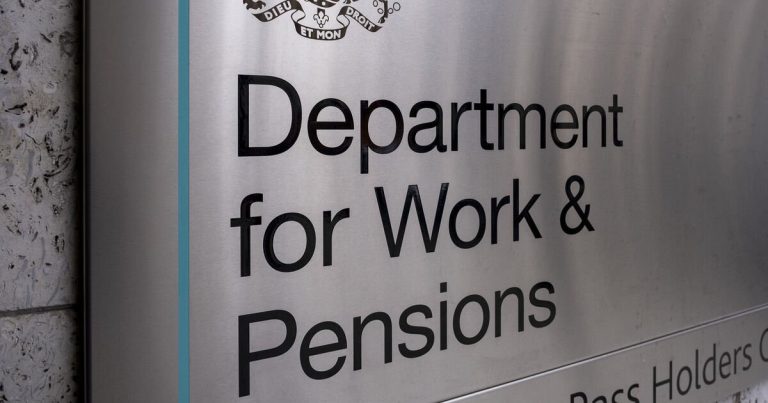
HMRC is changing its fees structure after a recent Bank of England change to the base interest rate. The central bank has lowered the base rate from 4.75% to 4.5%.
As HMRC bases its charges for late tax payments on the base rate, these will drop as well. Late payment interest is set at the base rate plus 2.5%, so from February 17 the rate for late payments will fall from 7.25% to 7%.
Seb Maley, CEO of tax insurance firm Qdos, commented: “Good news on one hand – that those who weren’t able to pay their tax bill on time last month will pay less interest on the amount they owe in tax. With 1.1 million said to have missed the recent deadline, the revised Bank of England interest rate may offer them some respite.”
More than one million people missed the deadline to file a self-assessment tax return at the end of January. This means they will face a penalty starting at £100, as well as the interest on the amount owed.
There is a filing penalty of £100 if a tax return is up to three months late. Anyone filing their return later than this will have to pay more.
Mr Maley said the drop in the HMRC rate is a “small reprieve” in reality for taxpayers. He pointed to what he believes is un an unfairness in the system.
He explained: “The story here is that HMRC still charges double the amount of interest than it pays on money owed to taxpayers in the form of refunds and rebates. It’s a huge mismatch and one that taxpayers are bearing the brunt of.
“Along with being hit by interest rates as high as 7% on outstanding tax bills, the longer a tax bill remains unpaid, the higher the chances are that HMRC will take a closer look and potentially investigate.” The repayment interest that HMRC will pay when it owes you funds is set at the base rate minus 1%, with a lower limit of 0.5%.
This means the repayment interest is currently set at 3.5%. Explaining how the rates are set, the Government website explains: “The differential between late payment interest and repayment interest is in line with the policy of other tax authorities worldwide and compares favourably with commercial practice for interest charged on loans or overdrafts and interest paid on deposits.
“The rate of late payment interest encourages prompt payment and ensures fairness for those who pay their tax on time, while the rate of repayment interest fairly compensates taxpayers for loss of use of their money when they overpay.”
Taxpayers should note that the key date to pay any tax for the previous tax year is usually January 31. You can settle your self-assessment tax bill through the Government website.
Another important deadline to note is the turn of the tax year in April. Savers may want to use up their allowances for the current year, including the £20,000 ISA allowance and the £60,000 pensions allowance.







